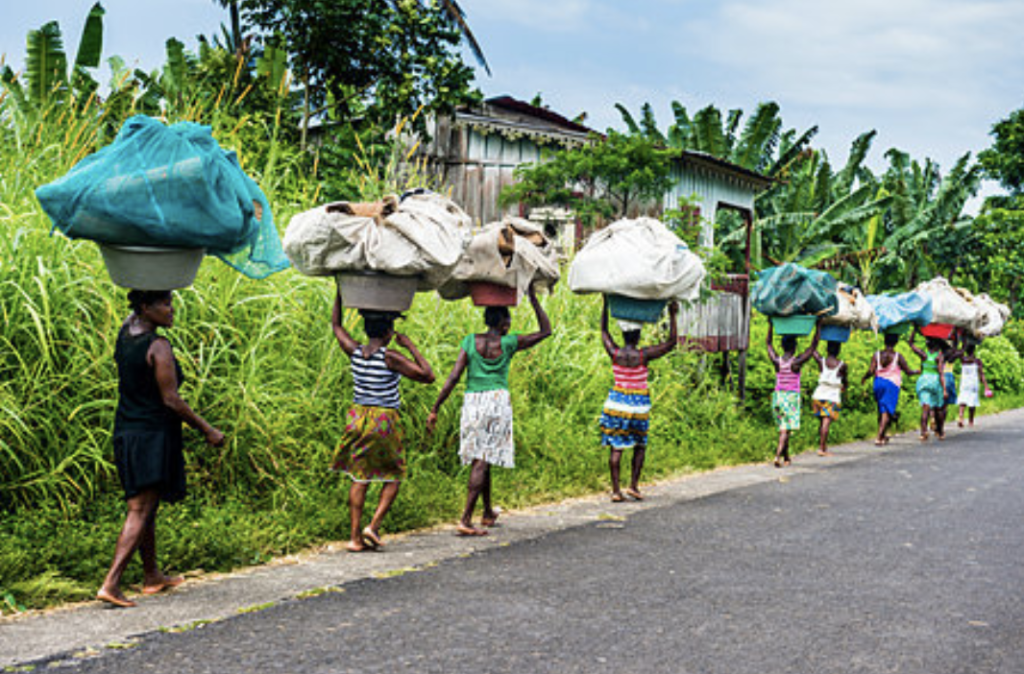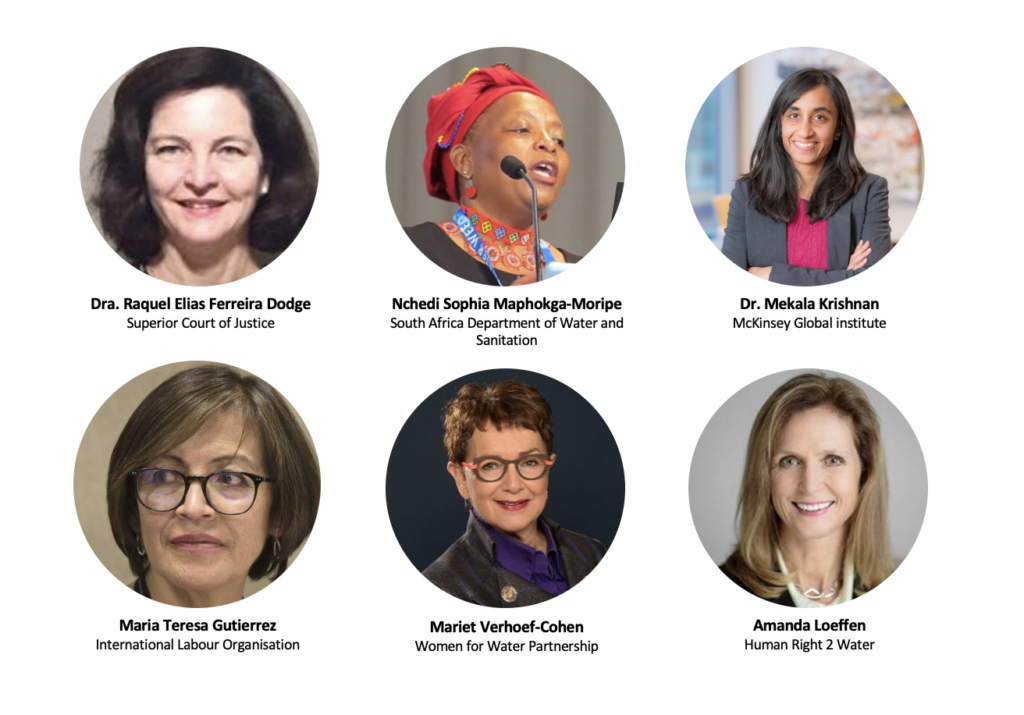Webinar 8th March, 15:00h-16:30h CET
Read more about our panellists here
“Choose to Challenge” is the theme of this year’s International Women’s Day. A day to celebrate women’s achievements, but also to challenge stereotypes, fight prejudice, expand perceptions and improve conditions. #ChoosetoChallenge #IWD2021
In the world of water, women play a central role on one hand (for collecting and managing domestic water) and are largely over-looked on the other hand (when dealing with decision-making for water service delivery and infrastructure provision).
Given that half of the world population is female, it is appalling that women still do not have proportional representation, or a voice in the way that water is managed. As a result, the solutions can ignore the specific needs of women and girls, and also some of the more sensitive cultural aspects that are evident to women working in the community, with families, schools, the elderly and people in need of care.
Just as the crises of a lack of access to clean water and sanitation and of gender inequality compound each other, the solutions are symbiotic. Women are the key to solving the water crisis —and this starts with guaranteeing that women have a seat at the decision-making table[1].

This webinar brings together inspirational women from around the world to share their experience and stories. The aim of this 90-minute event is to provide an overview of the benefits of including women in decision-making forums, examples of specific cases where the inclusion of women in water has resulted in solutions that are more sustainable, culturally sensitive, and conscious of the importance of considering women and family needs into planning and design at the start of the projects.
The human rights to water and sanitation are designed to protect the rights of all people with regard to access to safe and sustainable water and sanitation. One of the key principles is to include the participation of all people, and to leave no one behind, in order to be non-discriminatory and provide access. The Sustainable Development Goals aim to reach 100% of all people, and yet this is not possible when whole sections of society are being consciously or unconsciously ignored in the development of services.
It is not only an injustice, but also a huge economic waste of resources. Ignoring the potential of women (and effectively 50% of the brightest people as a result) and missing their input into water projects (losing the benefits of social, cultural and environmental local knowledge), results in a massive economic loss to both the project itself, the local community, and the GDP of the country. The 2015 report by McKinsey[2] on women’s economic value, estimated globally at $12 trillion, says it all:
“Gender inequality is a pressing global issue with huge ramifications not just for the lives and livelihoods of girls and women but, more generally, for human development, labour markets, productivity, GDP growth, and inequality.”
[1] Women and the water crisis: why tackling two top global challenges will be a multiplier for change, Alix Lebec, Women2.com
[2] The power of parity: how advancing women’s equality can add $12 trillion to global growth, McKinsey Global Institute, Sept 2015


